Out Now
The AI Issue
Current Issue
The AI Issue
OCT - NOV 2025
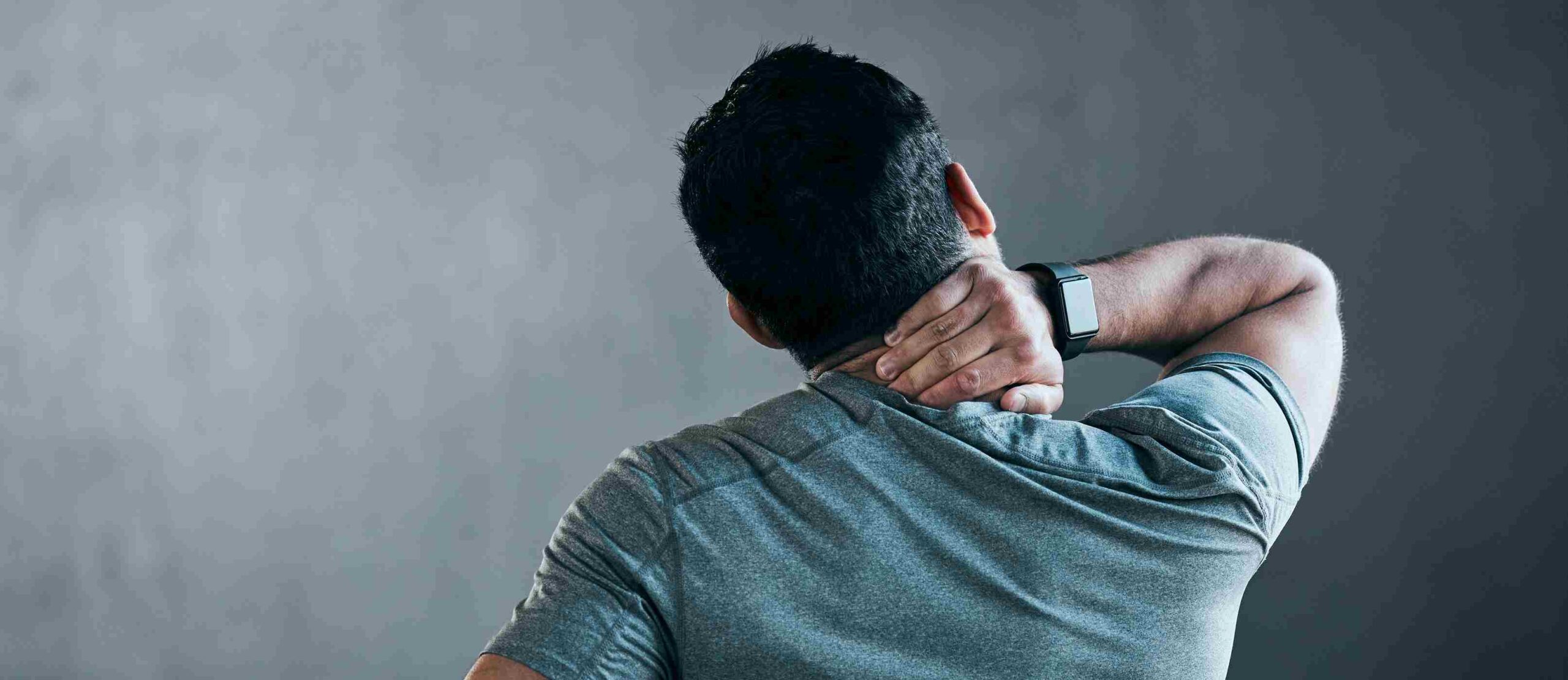
Sore shoulder? Lower back twinge? It’s easy to overlook a twinge here and there but your body is trying to tell you that things are physically amiss.
Being a tradie means hard physical graft. And that’s not all bad! A physical job is excellent news for long-term physical health. Just 30 minutes of moderate exercise a day lowers your chances of obesity, heart disease, diabetes, high blood pressure and more. A physically active day also helps to reduce feelings of stress and anxiety. And having a strong, fit body is one of the best ways to keep injuries at bay.
Back pain is the most common injury experienced by tradies. That’s not surprising, seeing as it’s the part of the body that gets used in pretty much everything we do, from lifting stuff and reaching up, to manoeuvring into tight spaces. Heck, even just being on your feet all day puts pressure on the spine. Lower back pain specifically is the most common complaint. Other common stress areas include shoulders, necks, knees and ankles.
Treating aches and pains as soon as they appear is paramount (see boxout).
Almost one in five Aussie workers are exposed to noise above the recommended occupational limit, according to a study published in the Occupational and Environmental Medicine Journal. Construction workers and other tradies who are continually exposed to excessive noise levels, or those who work with loud machinery, are at highest risk of hearing impairment and even deafness.
Plenty of jobs involve sparkies spending long periods of time in the beating sun. We all know that hats, shirts and sunscreen are a must in preventing skin cancer. If you notice a skin patch or mole getting bigger, darker, itchy or changing shape, get to a doctor pronto.
Despite all that physical activity, electricians and other tradespeople are prone to weight gain as they age. Eating on the run, working long hours and spending hours behind the wheel all contribute to increased levels of obesity, which in turn increases the risk for type 2 diabetes. Packing your own (healthy) food and scheduling in time for recreational exercise is key to maintaining a healthy lifestyle.
Tradies are well known for trying to ‘tough out’ injuries. Ignore the pain and it will go away. That or it becomes unbearable to the point that you can’t work. So if you feel any soreness – whether it’s a result of on-the-job activity or something that’s happened at home – don’t ignore it.
“Always act early when it comes to lower back pain,” says Australian Physiotherapy Association Occupational Health Physiotherapist Lucia Tsui. “Tradies know they put their bodies through a lot. Don’t risk injury or acute back pain developing into a chronic condition.”
And realise that as you get older, staying fit and healthy requires even more focus.
“Our generation will likely work longer than our parents, and brains and bodies change with age,” says Lucia.
“Adjusting your tasks and modifying how you get them done is key to staying effective and safe.”
This includes things such as regularly interrupting repetitive manual handling tasks with recovery breaks, and utilising step ladders to reach high areas without stretching or twisting.
If you notice a niggling pain over time, get your GP to refer you to a physio or osteopath who will help you tackle soreness and stiffness before it gets worse.
“Preventing injuries and treating them early is key,” says Lucia, “so that small issues don’t develop into more serious conditions that may keep tradies out of action for a longer term.”
Keep up to date with our latest news and competitions by subscribing to our regular newsletter.

Issue 183
OCT - NOV 2024

Issue 182
AUG - SEPT 2024
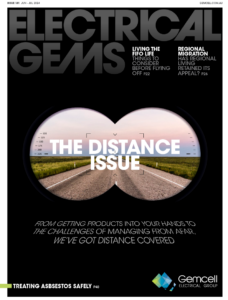
Issue 181
JUN - JUL 2024

Issue 180
APR - MAY 2024
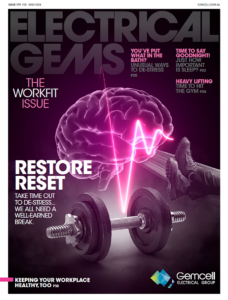
Issue 179
FEB - MARCH 2024

Issue 178
DEC 2023 - JAN 2024
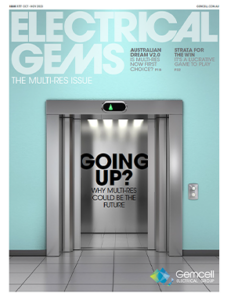
Issue 177
OCT - NOV 2023
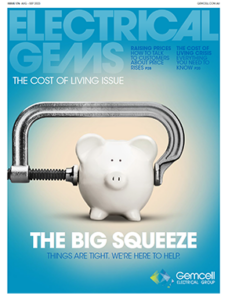
Issue 176
AUG - SEPT 2023

Issue 175
JUN - JUL 2023

Issue 174
APR - MAY 2023
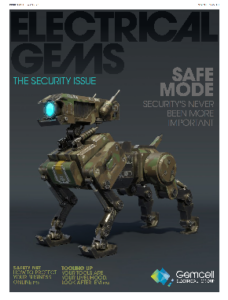
Issue 173
FEB - MAR 2023

Issue 172
DEC 2022 - JAN 2023
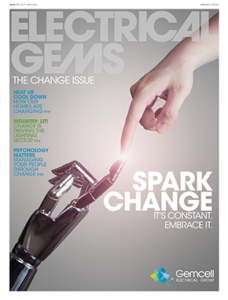
Issue 171
OCT - NOV 2022

Issue 170
AUG - SEPT 2022

Issue 169
JUN - JUL 2022

Issue 168
APR - MAY 2022
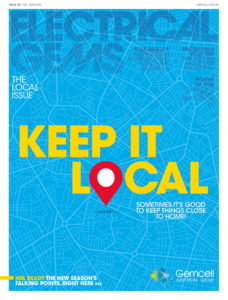
Issue 167
FEB - MAR 2022
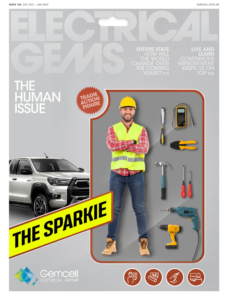
Issue 166
DEC 2021 - JAN 2022
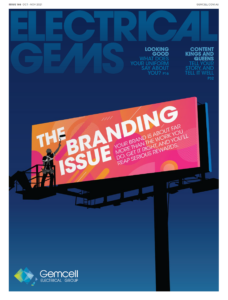
Issue 165
OCT - NOV 2021

Issue 164
AUG - SEPT 2021
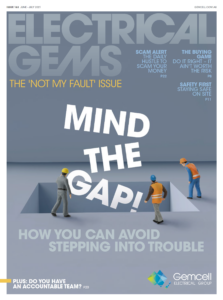
Issue 163
JUN - JUL 2021
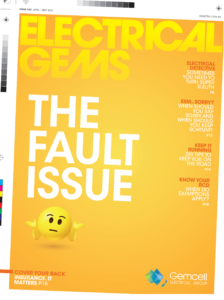
Issue 162
APR - MAY 2021

Issue 161
FEB - MAR 2021

Issue 160
DEC 2020 - JAN 2021
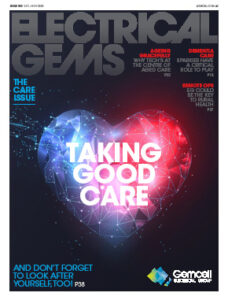
Issue 159
OCT - NOV 2020
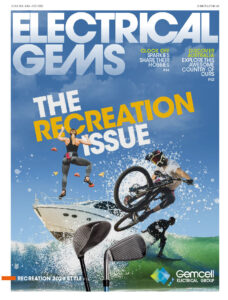
Issue 158
AUG - SEPT 2020
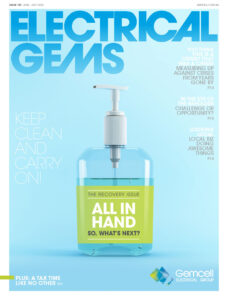
Issue 157
JUN - JUL 2022

Issue 156
APR - MAY 2020
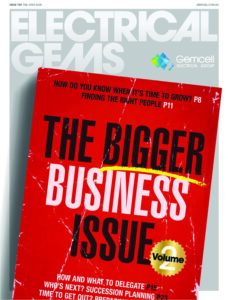
Issue 155
FEB - MAR 2020

Issue 154
DEC 2019 - JAN 2020

Issue 153
OCT - NOV 2019
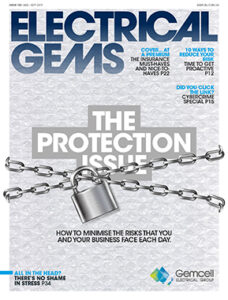
Issue 152
AUG - SEPT 2019

Issue 151
JUN - JUL 2019
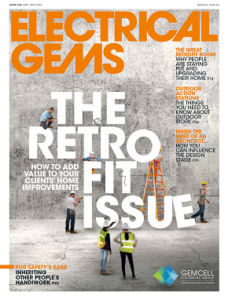
Issue 150
APR - MAY 2019
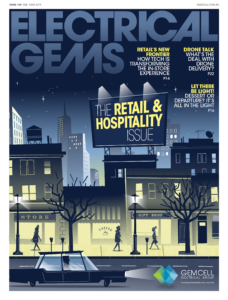
Issue 149
FEB - MAR 2019
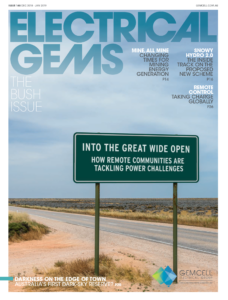
Issue 148
DEC 2018 - JAN 2019
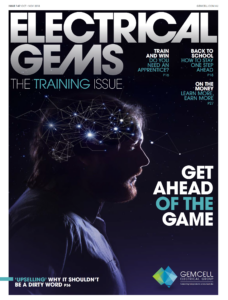
Issue 147
OCT - NOV 2018

Issue 146
AUG - SEPT 2018

Issue 145
JUN - JUL 2018

Issue 144
APR - MAY 2018

Issue 143
FEB - MAR 2018
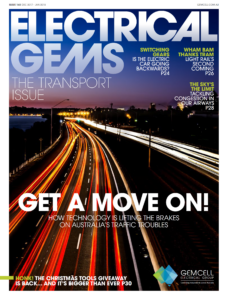
Issue 142
DEC 2016 - JAN 2017

Issue 141
OCT- NOV 2017

Issue 140
AUG - SEPT 2017
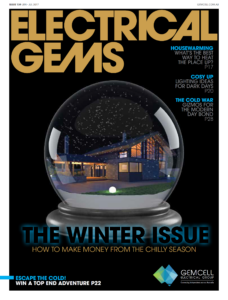
Issue 139
JUN - JUL 2017
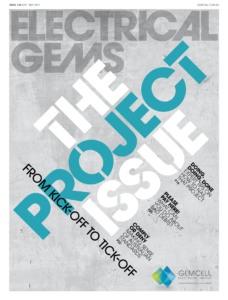
Issue 138
APR - MAY 2017

Issue 137
FEB - MAR 2017

Issue 136
DEC 2016 - JAN 2017
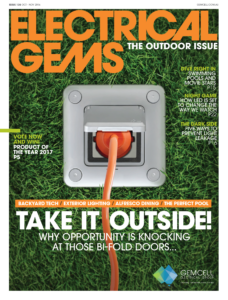
Issue 135
OCT - NOV 2017

Issue 134
AUG - SEPT 2016

Issue 133
JUN - JUL 2016
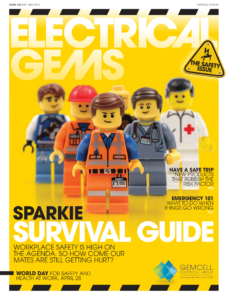
Issue 132
APR - MAY 2016

Issue 131
FEB - MAR 2016
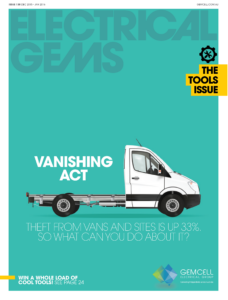
Issue 130
DEC 2015 - JAN 2016
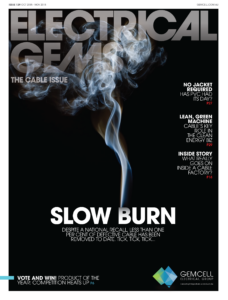
Issue 129
OCT - NOV 2015

Issue 128
AUG - SEPT 2015

Issue 127
JUN - JUL 2015

Issue 125
APR - MAY 2015

Issue 125
FEB - MAR 2015

Issue 124
DEC 2014 - JAN 2015

Issue 123
OCT - NOV 2014
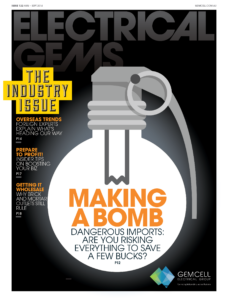
Issue 122
AUG - SEPT 2014

Issue 121
JUN - JUL 2014

Issue 120
APR - MAY 2014

Issue 119
FEB - MAR 2014
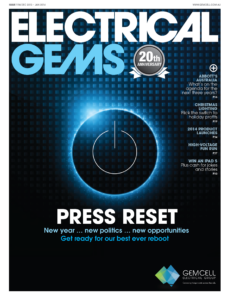
Issue 118
DEC 2013 - JAN 2014
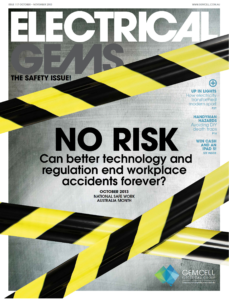
Issue 117
OCT - NOV 2013
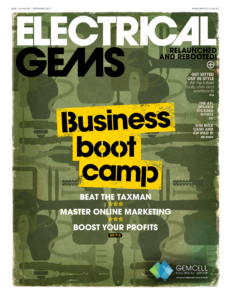
Issue 116
AUG - SEPT 2013

Comments (0)
Write a Comment